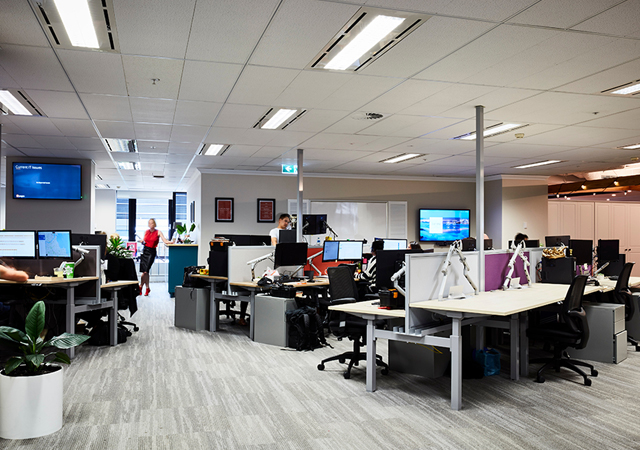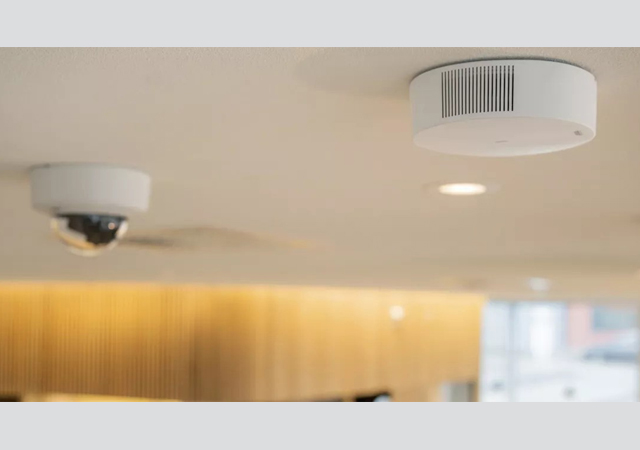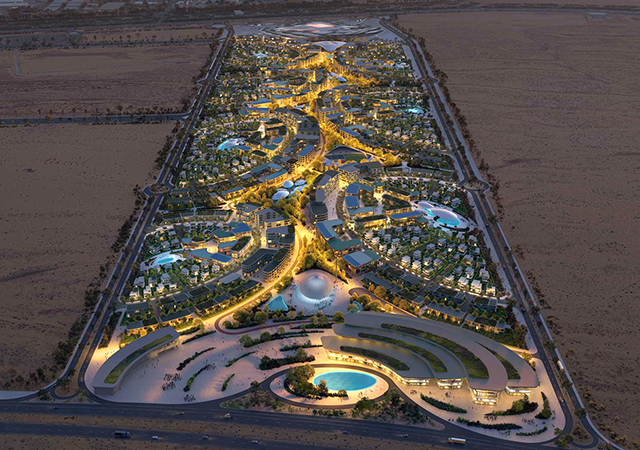
 Furniture in the making ... quality, competitive prices and timely delivery give Zubair the edge
Furniture in the making ... quality, competitive prices and timely delivery give Zubair the edge
Muscat-based Zubair Furnishing wants to be a world-class company and is well on its way to being one, having already attained an enviable position as one of the largest project and contract furnishing companies in the Gulf.
Executive vice president Vivek Pai has just returned to Oman after a 'relationship building' trip to the UK, after signing a strategic partnership agreement with Hilton International (UK) in June to supply casegoods to its new-build hotels in the UK over a three-year period.
''This is a good breakthrough for us and we won this deal despite severe competition from European companies,'' he says. ''Zubair Furnishing entered the European market in 1996 with a few stray jobs but in 1997 we really took off and have been involved in over 50 properties in Europe.''
Besides a number of hotels in Europe, it has also made inroads into other markets, having provided casegoods for the Hilton Honolulu and another hotel in Boston, US.
''What gives us the competitive edge is our quality product, timely delivery, competitive price and referrals due to goodwill from other executed contracts,'' Pai points out. ''For the Hilton agreement, we have promised to complete delivery within eight weeks of receipt of any order.''
The company's core activity is the supply of casegoods and multi-run furniture for the hospitality industry and for furnished apartments. It also undertakes joinery works including doors, architraves, skirtings, vanity panels and fixed wardrobes in the GCC region.
It also produces standard furniture of two types. The melamine ranges consist of brand names such as Tiber, Selena, Trinity and Avon. The veneered ranges consist of brand names such as Royal, Symphony, Andalus, Regency, Zakher, Zeenah and Zalfa.
The firm, which is believed to be the first furniture manufacturer in Oman to achieve 1SO 9001 certification, is approved as a recommended vendor of furniture for a number of hotel chains such as the Hilton, Marriott, Inter-Continental, Radisson SAS, Sheraton, Holiday Inn, Le Meridien and Renaissance.
Commenting about business over the past year, Pai says: ''The year has been very good for us. We have achieved a turnover of $20 million and project a growth of 15 per cent next year.''
Zubair Furnishing's main market is the Middle East, other markets being Europe, the US and Africa, where it is currently negotiating for a project in Kenya. The firm's exports constitute 90 per cent of its output, with 50 per cent being sold in the other GCC countries and 40 per cent in Europe.
In the Gulf, it has supplied to numerous hotels including the Al Bustan Palace, the Muscat Inter-Continental, the Seeb Novotel and Nizwa Hotel in Oman.
In the UAE, its hotel and furnished apartment projects include: Radisson SAS Jumeirah Beach, Le Meridien Jumeirah Beach, Dubai Hilton, Renaissance Dubai, Ramada Continental Hotel, Metropolitan and City Centre Residences, Al Ghurair Centre, all in Dubai; and the Hotel Holiday International in Sharjah. In Saudi Arabia, its products can be seen at the Medina Oberoi, the Al Sharq Hotel and the Al Andalus Plaza.
Zubair Furnishing has branch offices in Saudi Arabia and the UAE, and a marketing representative in Egypt. It has a full-fledged marketing office in the UK and in the Benelux countries. Zubair Furnishing also has authorised dealers across the GCC and a representative for the US market.
Speaking on the local market, Pradheep Ramanathan, vice president - sales and marketing, says: ''The Omani market is limited with large projects being few and far between. However, there are refurbishment opportunities and at least two new major projects in the pipeline. The Al Bustan Palace Hotel is expected to go in for major refurbishment shortly, the Salalah Holiday Inn is planning a 60-room extension and other new resort-type hotels are coming up in Oman including the Mirbat Resort. Also, we want to further improve our base in the region.''
Pai calls for greater export incentives as the way forward for Oman's industry. ''Manufacturers should be encouraged to add value to their products and export. There should be duty drawback, reduced import duties and lower power tariffs. We need a level playing field.
''Another factor which can boost Omani exports is government-sponsored national pavilions at overseas exhibitions or subsidised participation at these events,'' he says.
Commenting on trends in the industry, P Ravi Rao, group product manager, says: ''People are upgrading technology and getting new machinery including CNC equipment. There is greater flexibility with more varieties of materials available. However, the traditional wood finish is what people still want while a greater level of modernity is coming in.
''Overseas, there is a start-up of specialist procurement outfits, some of which are also Internet-based. Hotel groups are joining together and setting common procurement chains, which will cut down procurement costs for the hospitality industry. I see these chains growing very swiftly, since they benefit both the buyer and the seller.''






.jpg)









.jpg)




































.jpg)











